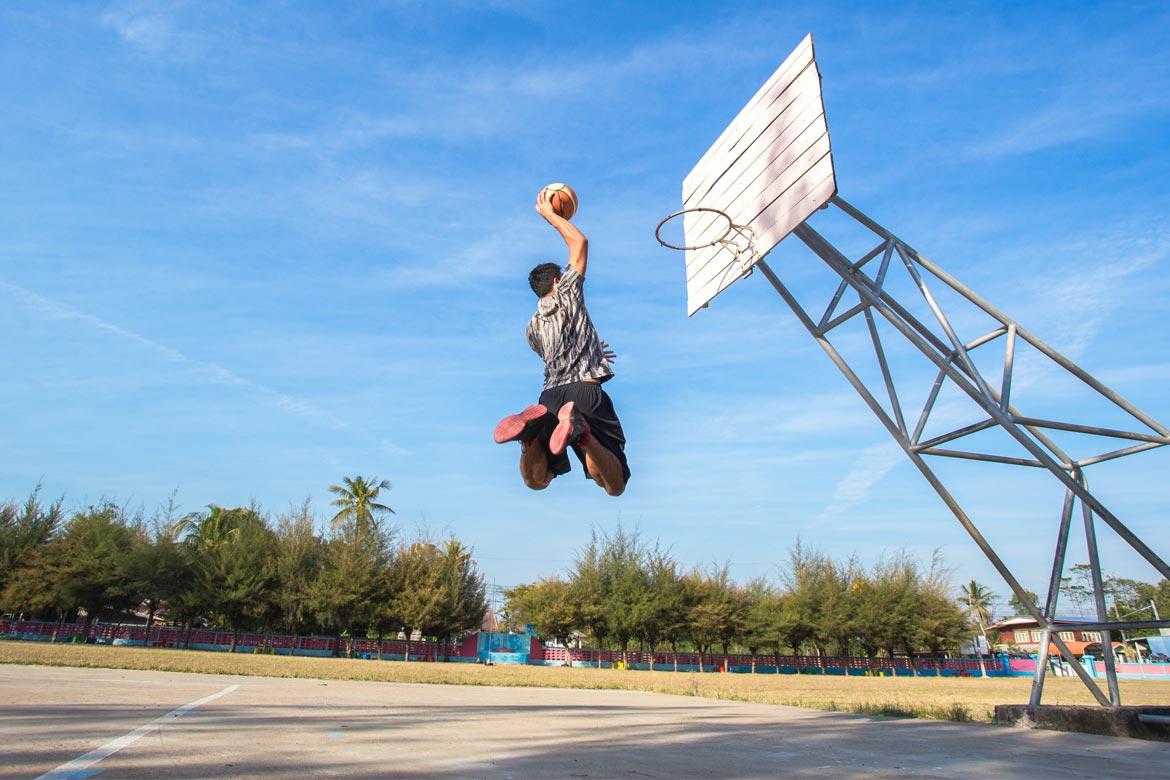-
-
Featured Care Areas

Meniscus Tear
Frequently asked questions
A: There are different types of meniscus tears. Some meniscus tears may heal on their own, although meniscus tear surgery can help them repair more quickly.
Do get your injury examined by an orthopaedic specialist to determine the best course of treatment
A: A non-surgical option would be to follow the Rest, Ice, Compression, and Elevation (RICE) protocol to help your meniscus tear heal on its own.
A: While strenuous exercise can tear the meniscus, certain gentle exercises may help with recovery.
People with less severe tears can try the following exercises:
- Mini squats
- Straight leg raises
- Hamstring curls
- Standing heel raises
- Leg extensions
If any exercise causes pain, you should stop doing it. Do consult a doctor for advice before you embark on any exercise regime.
A: A meniscus tear causes damage to the cartilage in the knee joint. Certain substances in foods may help to repair the cartilage by relieving inflammation and pain. Other foods are high in antioxidants which support the immune system and fight inflammation.
You can try eating a diet that contains the following:
- Oily fish, such as salmon, tuna, sardines and mackerel
- Fruits, such as blueberries, strawberries and raspberries.
- Avocados
- Olives and extra virgin olive oil
- Turmeric
- Green leafy vegetables, such as broccoli and spinach
- Broccoli and other cruciferous vegetables, such as cabbage and brussel sprouts
A: Recovery time for your knee depends on a number of factors, including how severe your meniscus tear is. Full recovery from surgery may take a few months, depending on the type of procedure performed as well as other factors.
A: It typically takes 7 – 10 days after the procedure until you are comfortable without the assistance of a crutch. However, if you have undergone a meniscal repair or other reconstruction of an additional ligament, you may want to keep the weight off your knees for several weeks.
A: That will depend on the type of meniscus tear and the extent of the injury. Left untreated, a meniscus tear can limit your daily life and ability to participate in exercise and sports. In serious cases, it can develop into long-term knee problems, like knee arthritis.
Do consult an orthopaedic specialist for advice and to determine the best course forward for recovery.
A: A torn meniscus can result from any activity that causes you to forcefully twist or rotate your knee, such as aggressive pivoting or sudden stops and turns. Even kneeling, deep squatting or lifting something heavy can sometimes lead to a torn meniscus.
A: You may want to have surgery if your knee pain is too great or if you are unable to do daily activities.
Do get your injury examined by an orthopaedic specialist to determine the best course of treatment.
A: Yes, it is possible to re-tear your meniscus. A re-torn meniscus can occur from a fall, traumatic event or degeneration.
Do consult an orthopaedic surgeon to perform a thorough medical review and physical examination.
This coverage checker is brought to you by Health Insured, an online resource that helps you understand your health coverage in Singapore.
This page has been reviewed by our medical content reviewers.
Need help?
For enquiries, please call
+65 6377 3737
For appointment bookings, please WhatsApp
+65 8111 3777



